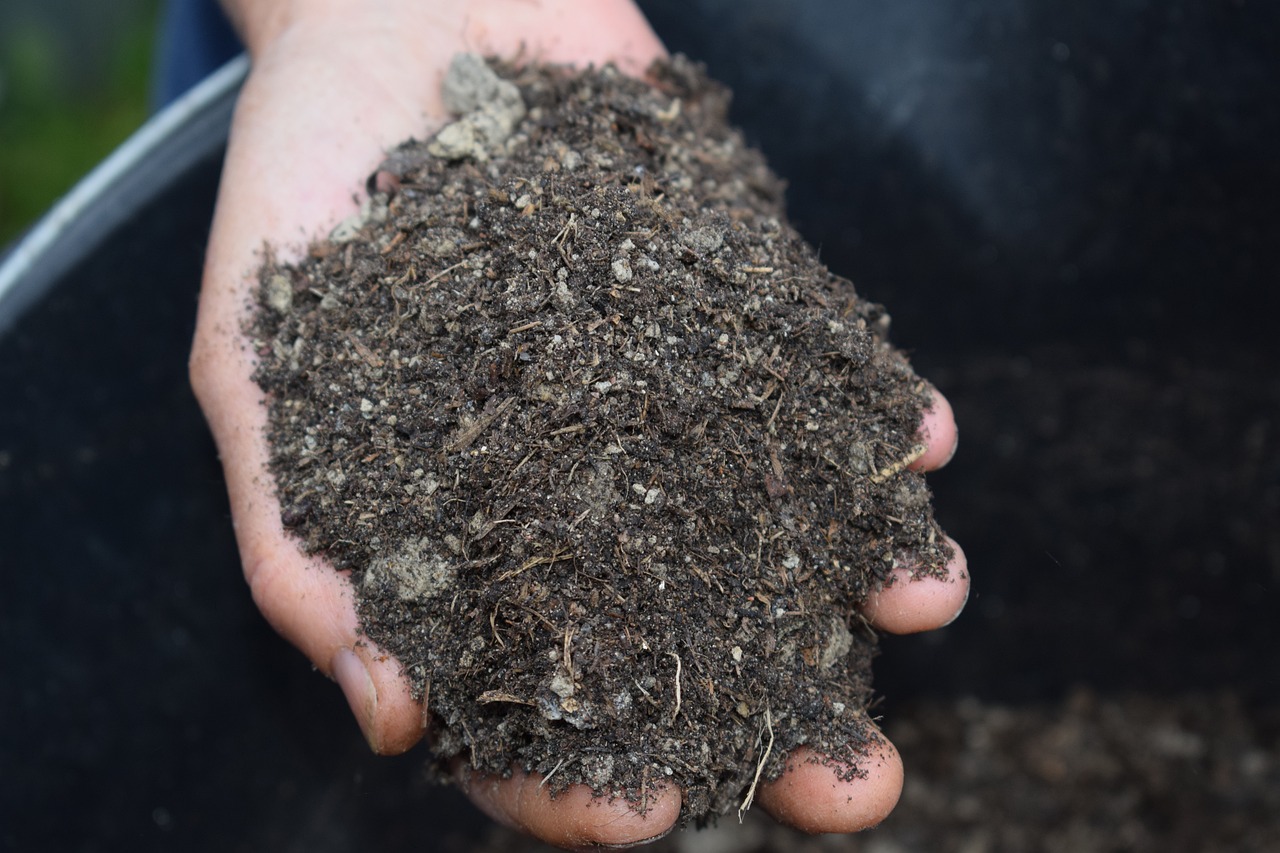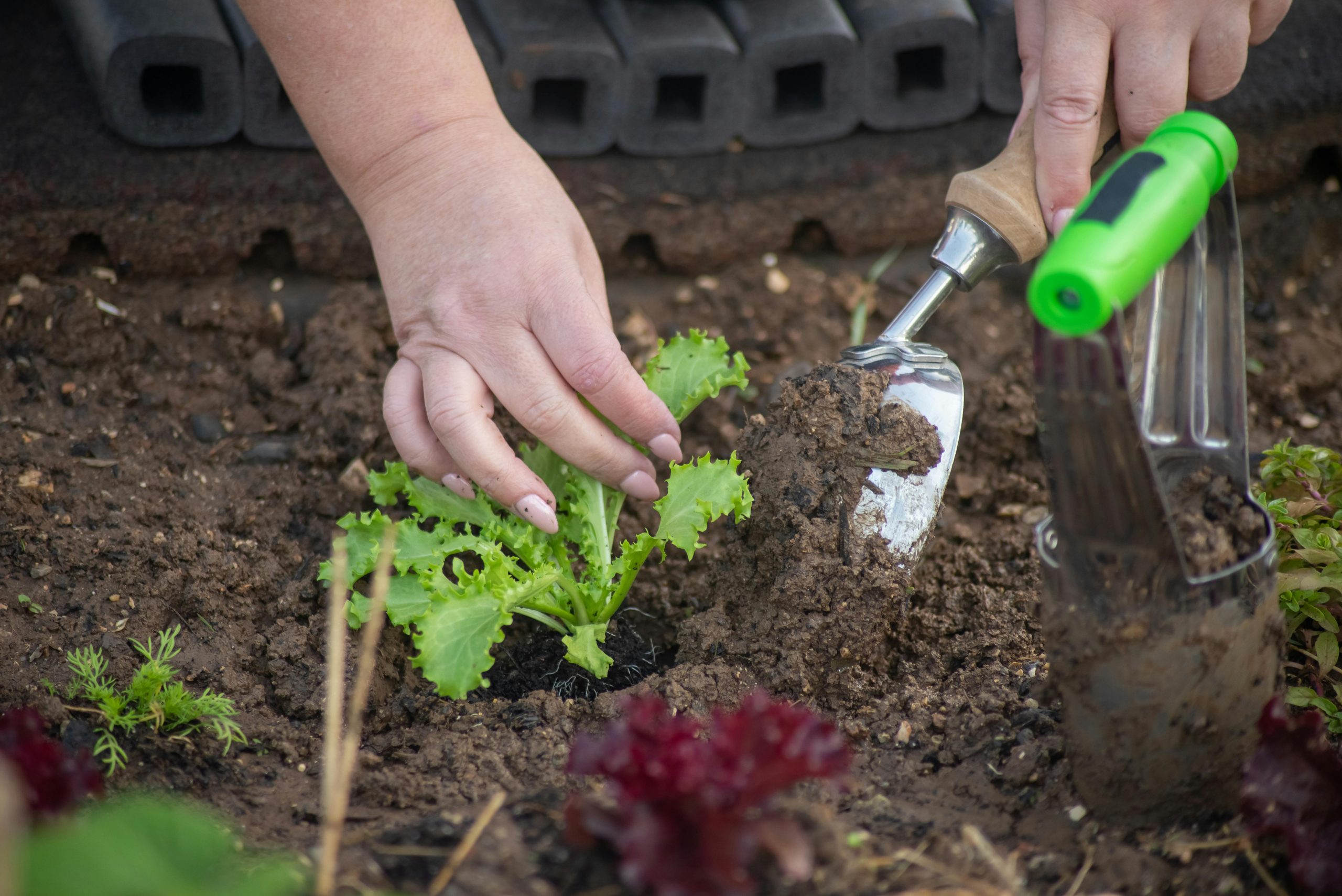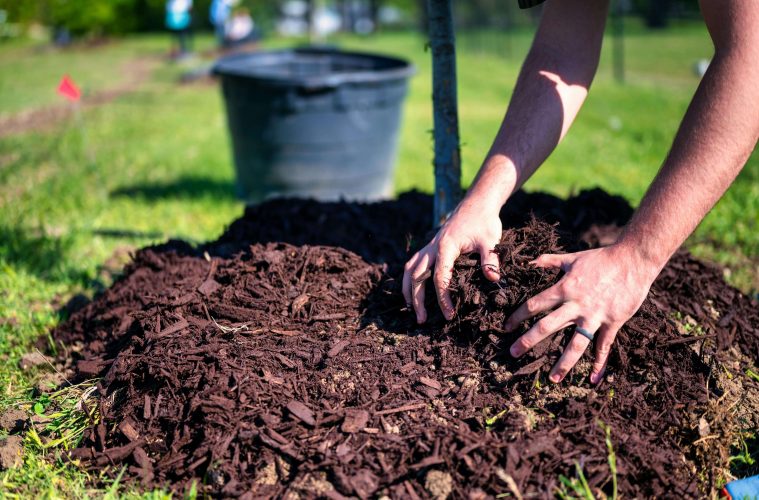As winter approaches and the gardening season slows, many gardeners find themselves pondering the benefits of mulching their vegetable gardens.
Mulching is a widely recommended practice, but is it really necessary? Let’s explore the advantages and considerations of mulching, and how it can transform your vegetable garden into a thriving haven.
The benefits of mulching
Moisture retention
One of the primary benefits of mulching is its ability to retain soil moisture. By covering the soil, mulch reduces evapouration, helping your plants stay hydrated longer.
This is particularly beneficial during hot, dry spells when water conservation becomes crucial. With less frequent watering needed, mulching can save both time and resources.
Weed suppression
Weeds are the bane of every gardener’s existence, competing with your vegetables for nutrients, water, and sunlight. A thick layer of mulch acts as a barrier, preventing weed seeds from germinating and taking over your garden. This means less weeding and more time to enjoy your garden’s bounty.

Unsplash
Soil health improvement
Organic mulches, such as straw, compost, and shredded leaves, gradually decompose, adding valuable organic matter to the soil.
This process enhances soil structure, promotes beneficial microbial activity, and increases nutrient availability, leading to healthier and more productive plants.
Temperature regulation
Mulch acts as an insulating blanket, moderating soil temperature by keeping it cooler in summer and warmer in winter. This helps create a stable environment for your plants’ roots, reducing stress and promoting consistent growth.
Erosion control
During heavy rains, bare soil is prone to erosion, which can wash away vital nutrients and damage plant roots. Mulching helps anchor the soil in place, protecting it from the erosive forces of wind and water.
READ MORE: BENEFITS OF STARTING AN EDIBLE GARDEN
Choosing the Right Mulch
When it comes to mulching your vegetable garden, not all mulches are created equal. Here are some popular options and their benefits:
Straw: Light and easy to work with, straw is excellent for vegetable gardens. It decomposes slowly, provides good weed suppression, and improves soil health as it breaks down.
Compost: Rich in nutrients, compost not only mulches but also fertilises your plants. It’s a great choice for enriching the soil while keeping it covered.
Shredded leaves: Abundant in Autumn, shredded leaves are an eco-friendly and cost-effective mulch. They decompose relatively quickly, adding organic matter to the soil.
Grass clippings: If you have a lawn, grass clippings can be an accessible mulch option. Ensure they are free of chemicals and spread them thinly to avoid matting.

Pexels
Considerations for mulching
While mulching offers numerous benefits, it’s essential to apply it correctly. Here are a few tips:
Thickness: Apply mulch in a 2-4 inch layer. Too thin won’t suppress weeds effectively, and too thick can lead to waterlogging and root rot.
Timing: Mulch in late spring or early summer, once the soil has warmed up. Mulching too early can delay soil warming.
Maintenance: Periodically check your mulch layer. Replenish as needed, especially after heavy rains or wind.
ALSO SEE: GROW THESE PLANTS TO HELP BOOST YOUR IMMUNE SYSTEM THIS COLD SEASON
Grow these plants to help boost your immune system this cold season
Feature image: Pexels

